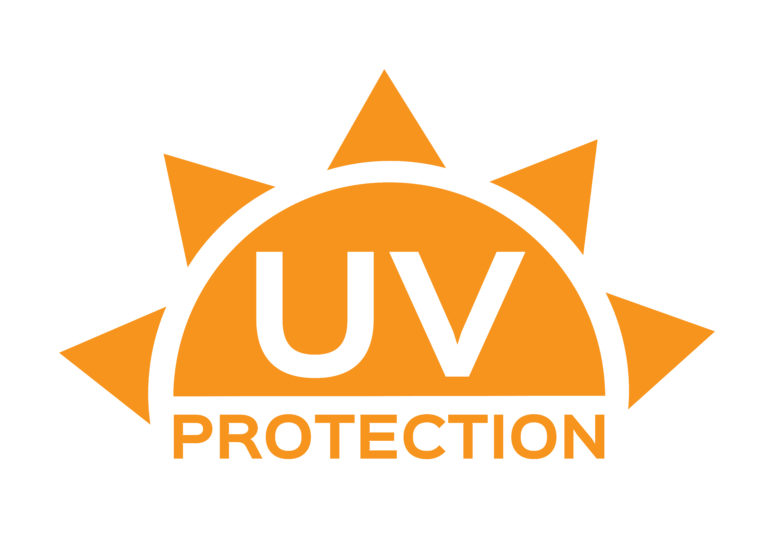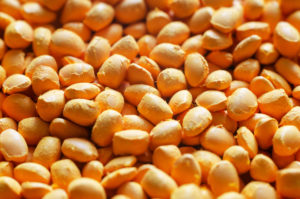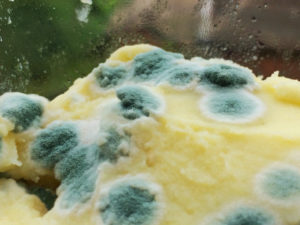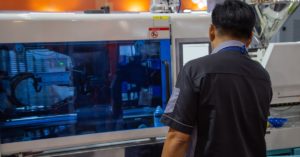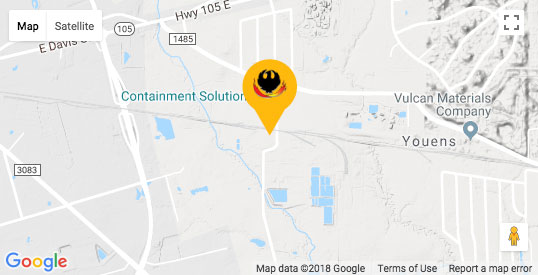Rancidity in packaging primarily comes from two main sources: oxygen and heat. If not packaged properly, food products containing oil and fatty acids will go rancid soon after exposure to heat and oxygen. Plastic UV protection reduces this risk by using materials that hold up well to UV exposure. Investing in plastic UV protection can save you both money and stress in the long run by helping protect your materials while in transit.
Protecting Plastics from Photodegradation with UV Protection
Just like the sun can damage skin, it can also break down chemical bonding in plastics, causing the material to discolor and weaken. This is referred to as photodegradation and causes a yellowing or whitening of the material (colloquially called “chalking”). This discoloration is an indication of damage to the material, which causes a loss of tensile strength, meaning that plastics become brittle and are prone to cracking under impact or other stress. So what can you do? Here are a few of our top selections for UV-resistant plastics.
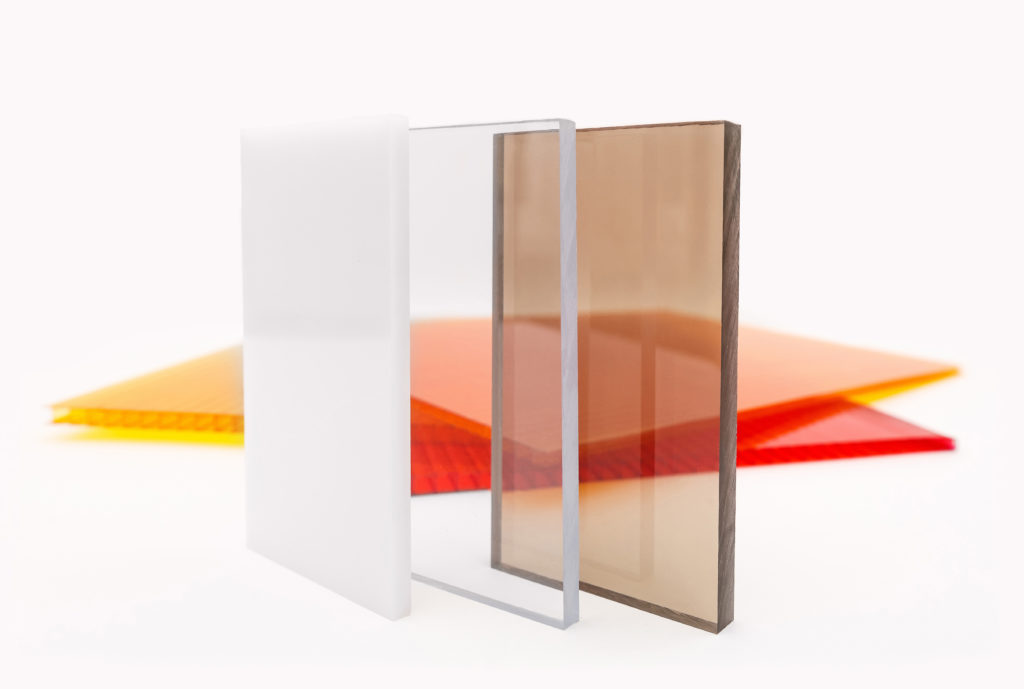
1. Acrylic
Acrylic boasts as little as 3% degradation over a 10-year period, even when used in outdoor applications. Additionally, it offers very high scratch resistance, making it an all-around excellent choice for long-term use. One drawback to acrylic, however, is its tendency to be quite brittle and prone to breaking. For this reason, it’s not recommended for load-bearing pieces or anything where long-term durability is needed. That said, it’s still a fantastic choice for a variety of applications.
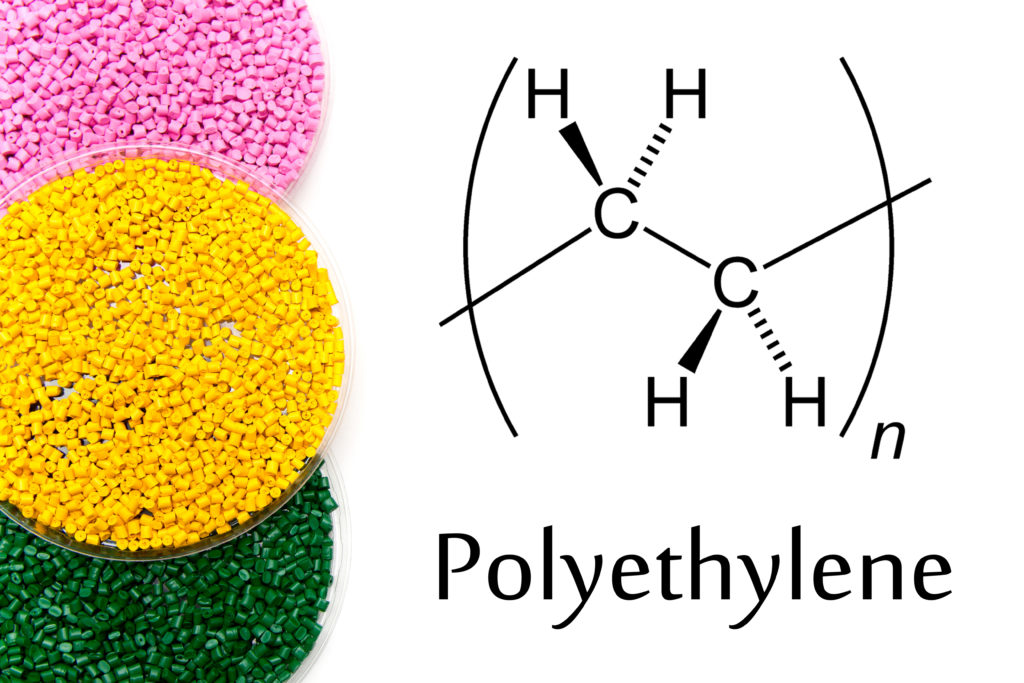
2. High-Density Polyethylene
This thermoplastic is well-loved in playground equipment due to its soft but durable quality. It melts and molds easily and will not form dangerous shards when broken, unlike other thermoplastics. However, it is only marginally stronger than acrylic, making it ill-suited to high-pressure applications.
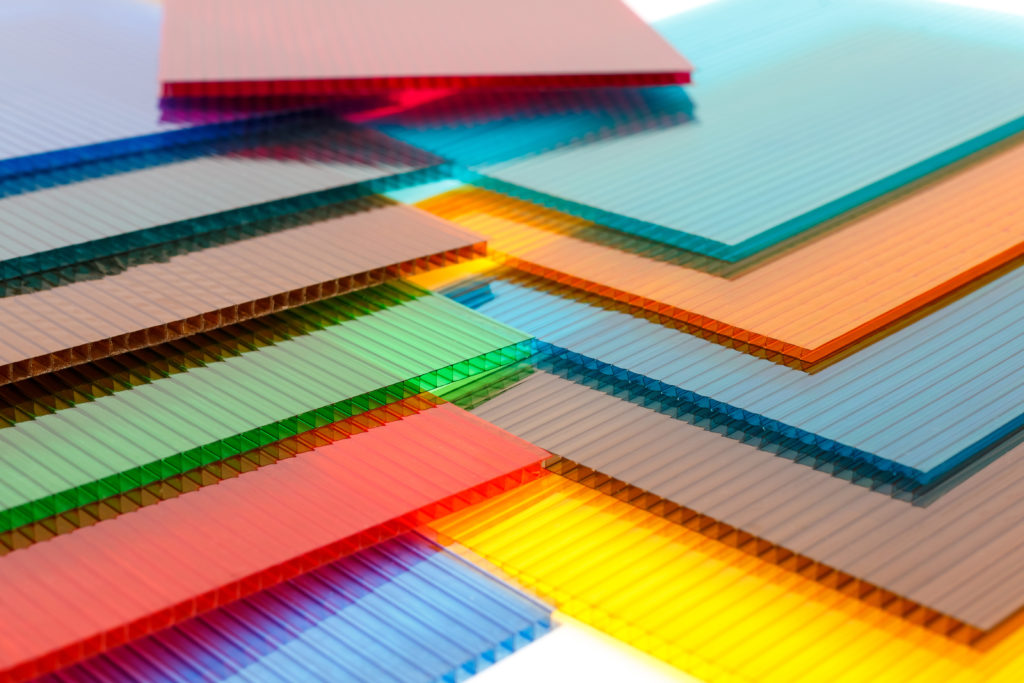
3. Polycarbonate
Polycarbonate is considerably stronger and more impact-resistant than high-density polyethylene while offering similar transparency to that found with acrylic. All of this makes it a fantastic fit for things like safety goggles, helmets, and containers. However, this increased durability also comes with a considerably higher price point, so it’s best to budget accordingly if you plan to use polycarbonate.
These are just a few of your options when it comes to UV-resistant packaging. Whatever material you decide on, consider that investing in plastic UV protection upfront can save you thousands in the long run.

